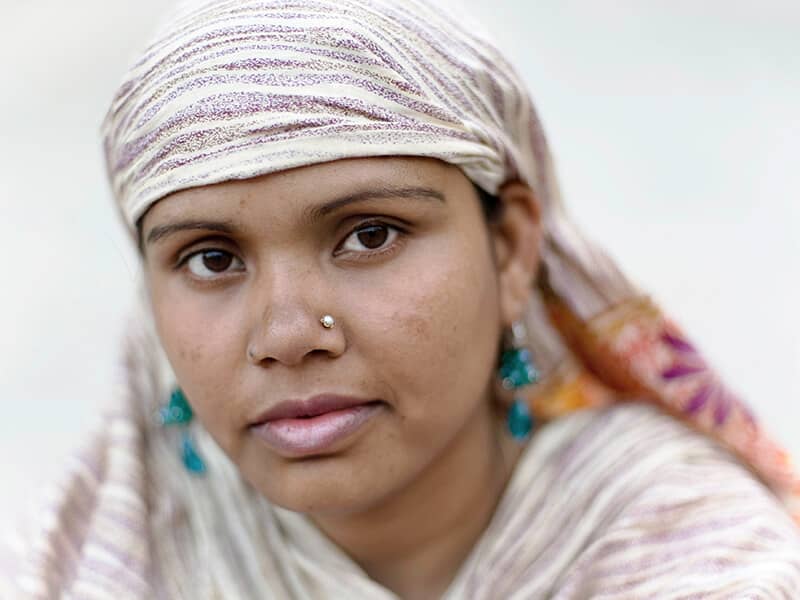Her tireless efforts in Iran earned her many stays in prison, and finally, they have also earned her the Nobel Peace Prize.
Ebadi's prize should accomplish many things. First of all, it should further debunk the myth that Muslim women are the subdued and abused subordinates of men in Iran, or any other Muslim country. People may say that Ebadi is one exception to the rule, but that is not true. There are many Muslim women who have fought the same fight. Although she was the one recognized, I believe Shirin Ebadi won her award on behalf of all Muslim women struggling for equal rights in modern Muslim societies.
As Hisham Kassem--head of the Egyptian Organization of Human Rights--said, "This is a recognition for what [Muslim women activists] do, a sort of apology for ignoring them for so long." Among these countless women--women who do not garner the loving attention of the media--are Egypt's first female judge, Tahany el-Gebaly; Saudi writer Fowziyah Abu Khalid; Jordanian journalist Rana Husseini; and Hauwa Ibrahim, defense attorney for Amina Lawal, recently freed from death by stoning in Nigeria.
Ebadi's Nobel Prize should also help prove, as Ebadi said herself, that Islam and human rights are not incompatible: "There is no contradiction between an Islamic republic, Islam, and human rights. If in many Islamic countries human rights are flouted, this is because of a wrong interpretation of Islam. All I've tried to do in the last 20 years was to prove that, with another interpretation of Islam, it would be possible to introduce democracy to Muslim countries."
The most important accomplishment of Ebadi's Nobel Prize, however, is to discredit the strategy of pre-emptive military strike as a way to bring freedom and democracy to the Middle East. Supporting people like Shirin Ebadi, Rana Husseini, Fowziyah Abu Khalid, and countless others is a million-fold more effective strategy than "reshaping" the Middle East--as the United States is trying to do in Iraq. It will also avoid the intolerable cost of war.
The Middle East needs more Shirin Ebadis, not more pre-emptive invasions and American military occuapations.
Shirin Ebadi was awarded the Nobel Prize because, among other things, "She favors enlightenment and dialogue as the best path to changing attitudes and resolving conflict." Furthermore, the Norwegian Committee said, "we hope the Prize will be an inspiration for all those who struggle for human rights and democracy in her country, in the Muslim world, and in all countries where the fight for human rights needs inspiration and support."
Amen to that. And thank God for Shirin Ebadi.

